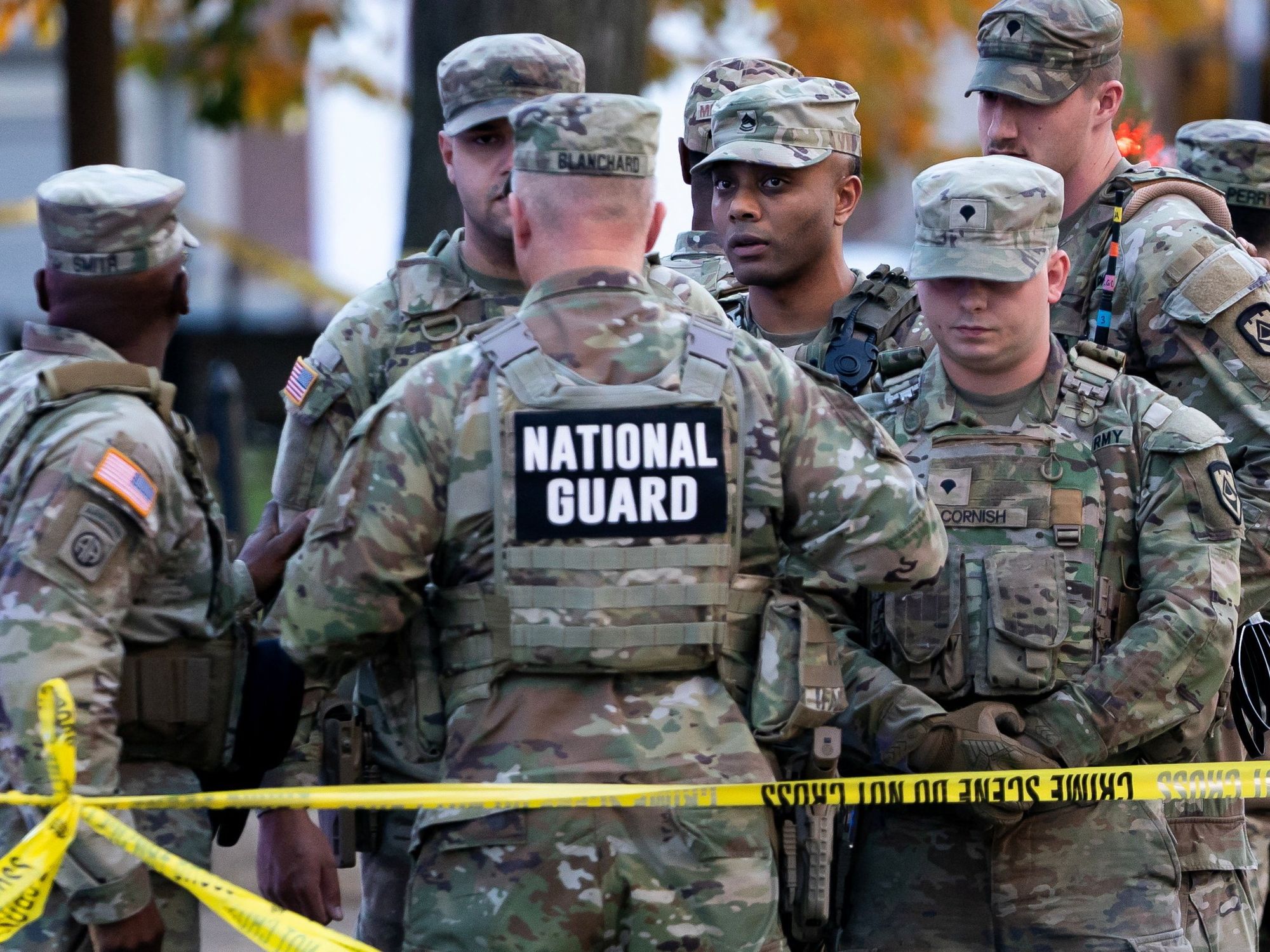Colin Brazier: Insulate Britain idiots would face tougher cops anywhere else in the world

None

By Colin Brazier
Published: 22/09/2021
- 20:36Updated: 14/02/2023
- 11:27Jump on a ferry to France and see how the French persuade protesters to move on.
Don't Miss
Most Read
Latest
Rio. Cairo. Istanbul. Imagine if you will, how police in some of the world’s biggest cities would have handled protestors who tried to block their busiest ring road.
How many hours would specialist officers in Lagos or Lima have laboured to unstick demonstrators who’d glued their hands to the tarmac? In Algiers or Accra, would they have called for a dedicated solvent squad to patiently apply a clever chemical to dissolve the adhesive, as we do in Britain? Or would they have energetically pulled the protesters off – hands and all – and decided that any skin left behind was a price worth paying to get the traffic moving? In Bangkok or Bucharest, how long would traffic cops have relied on gentle persuasion rather than brute force to move the miscreants on?
The M25 has been blocked five times in a fortnight. Protesters have been politely asked by police if there was anything they needed while they were waiting to be removed. In nine-tenths of the world, police wouldn’t need to ask. They’d instinctively know what people sitting down to stop the traffic needed. Tear-gas, the bamboo baton, perhaps a little light pepper spray.
In Mumbai or Moscow would the city constabulary painstakingly explain that continuing to blockade a major arterial highway could result in a court charge. Or would the only charge interesting those officers be the short, sharp shock, delivered by a taser?
Occasionally, it’s worth reminding ourselves that our view of the world can be, well, a bit parochial. You don’t need to go far to see this. Jump on a ferry to France and see how the French persuade protesters to move on. I’ve seen the CRS – France’s specialist riot-police – in action. It’s not for the faint hearted. And that is the argument against our police. That they lack the heart, the will, the gumption – to get stuck in.
Tonight I want to explain why this line of attack is, as the French say, just so much merde.
This is the way we do things in Britain, a country where the Common Law has for centuries taught us to balance tolerance with commonsense. It’s not that our police officers aren’t ready or willing to get stuck in. They belong to a police service, the first police force in the world let’s not forget, which has persuaded the public that they can successfully be policed by consent.
There’s been lots of grumbling over the last fortnight. Radio phone-ins swamped by outraged motorists. But let’s see this for what it is: a great British fudge of the best kind. For two weeks protesters have shown how out of touch they are with public opinion. Two weeks – enough rope to hang their cause. They’ve revealed by their selfishness that their movement isn’t worthy of support. They are demonstrators, but not in the way they think. They’ve demonstrated vanity and tactical naivety.
In a democracy, it’s possible for dissenting voices to show anger. But it has to be done thoughtfully. Think back to the anti-foxhunting-ban marches of the Countryside Alliance almost 20 years ago. Nearly half a million people brought their cause to London for a one-off weekend, and took their litter home with them.
Ultimately, they lost the argument, but they won a lot of friends. The handful of activists of Insulate Britain, by contrast, have treated the public with contempt. They probably deserve to be treated badly by police, as they would have been in most countries. But in Britain we’ve learned that if you turn people into martyrs, they’re more likely to be worshipped.










